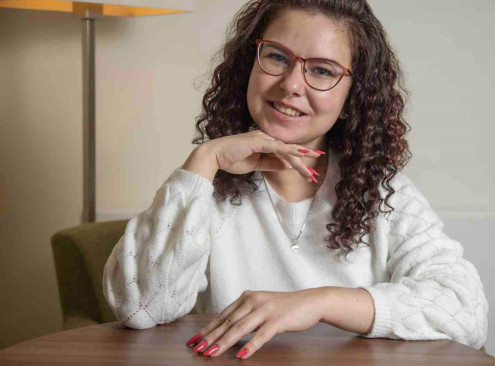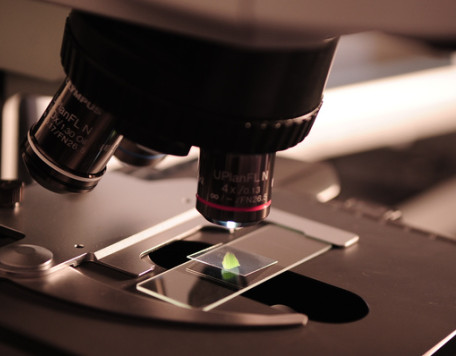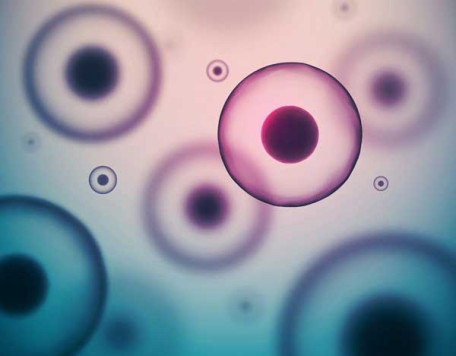© Pint of Science, 2024. All rights reserved.
From tissue scars to mental scars, see how bio-adhesives, eye research, and thinking of our past can improve the lives of everyday people, building a better reflection of ourselves both inside and out.
Barnacles, Bioadhesives, and Beer: Tapping into Nature's Sticky Secrets!
Sylwia Jencz
(Senior Research Officer, University of Essex)
From Barnacles to Biomedicine: Unveiling Nature's Bioadhesive Marvels for Cutting-Edge Surgery and Human Health. Dive deep into the captivating world of these incredible little Crustaceans. Join us for an enlightening Pint of Science talk where we explore how nature's sticky secrets are revolutionising medicine and surgery. From barnacle-inspired adhesives for wound closure to groundbreaking surgical techniques, discover how these tiny creatures are making a big impact on healthcare. Raise a glass and join the conversation at Pint of Science as we uncover the incredible potential of bioadhesives in improving everyone's lives!

Human Vision and Inherited Blindness
Dr Philip Reeves
(Senior Lecturer School of Life Sciences)
Vision is considered to be the most highly valued of the senses. It allows us to perceive and understand the world around us and it is important for communication, learning, navigation, independent living and social interactions.
In humans, vision is mediated by specialised ‘photoreceptor’ cells located in the back of the eye. These cells can be divided into two types, rods and cones.
About 1 in 4000 of the population inherit mutations in genes of rod photoreceptor cells that cause a condition called Retinitis Pigmentosa. This condition generally affects young adults, resulting in progressive loss of vision, and particularly affects their peripheral vision and vision in dim light.
The mechanisms of this condition and potential avenues for treatment will be explored in this exciting talk, paving the path for potential cures for inherited blindness.
In humans, vision is mediated by specialised ‘photoreceptor’ cells located in the back of the eye. These cells can be divided into two types, rods and cones.
About 1 in 4000 of the population inherit mutations in genes of rod photoreceptor cells that cause a condition called Retinitis Pigmentosa. This condition generally affects young adults, resulting in progressive loss of vision, and particularly affects their peripheral vision and vision in dim light.
The mechanisms of this condition and potential avenues for treatment will be explored in this exciting talk, paving the path for potential cures for inherited blindness.
Remembering our Past
Dr Gareth Wright
(Lecturer School of Life Sciences)
The gory history of neurology and new hope for neurodegenerative disease
Map data © OpenStreetMap contributors.
Other Three Wise Monkeys (Top Floor) events
2024-05-15
Solving Life's Smallest Problems
Three Wise Monkeys (Top Floor)
60 High Street , Colchester, CO1 1DN, United Kingdom
2024-05-14
Sex, Drugs and Disease
Three Wise Monkeys (Top Floor)
60 High Street , Colchester, CO1 1DN, United Kingdom



